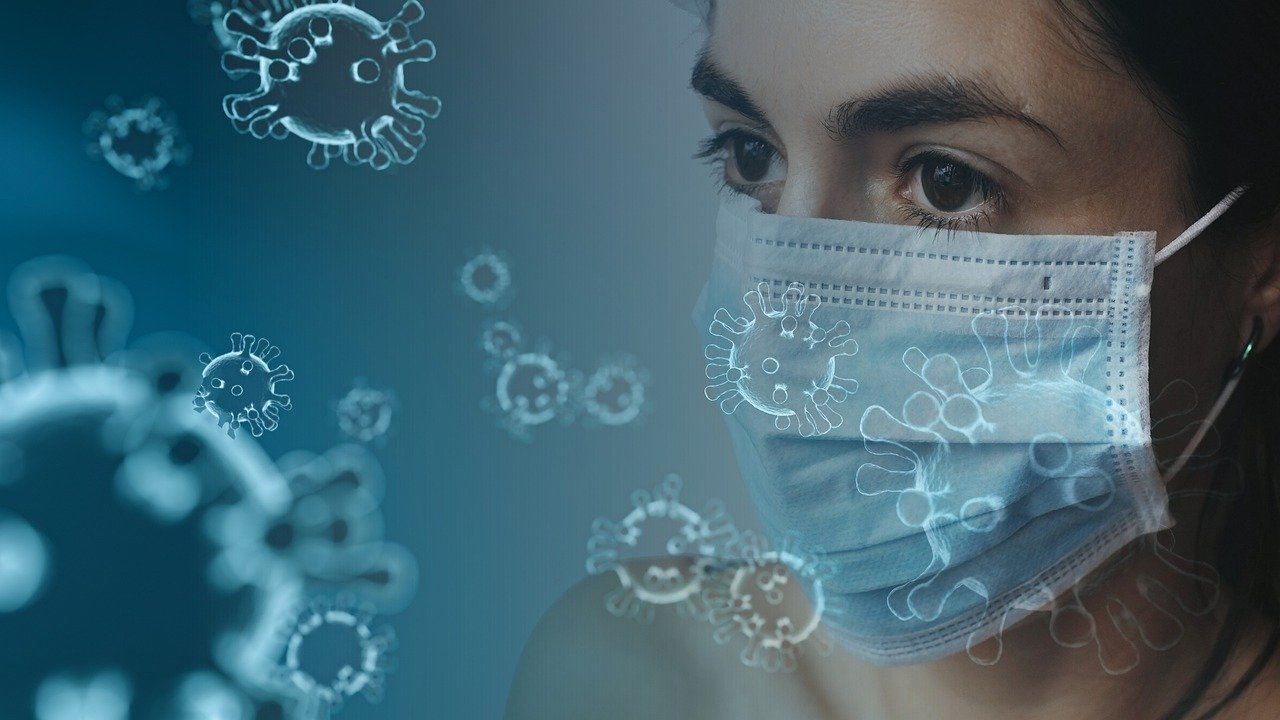How will COVID-19 affect the development of new cancer treatments and ongoing clinical trials?
Unfortunately, due to the coronavirus pandemic some cancer clinical trials may stop recruiting new patients for now. This is because medical teams will be redirected to looking after COVID-19 patients and research teams will be refocused to working on COVID-19 prevention and treatment.
However, if someone is in a clinical trial, their healthcare team will continue to support and monitor them. If cancer patients have any concerns or questions about the clinical trial they are enrolled in, they are advised to speak to their healthcare team for further clarification.
Will there be problems accessing cancer drugs?
There are no current shortages of drugs used to treat cancer patients. Both government and the NHS are working to plan and prevent any delay in the production and distribution of medicines.
How does COVID-19 affect smokers?
Smoking tobacco damages the lungs and airways, causing a range of respiratory problems. COVID-19 also damages the respiratory system. Hence, it is highly likely that smokers are at greater risk of more severe COVID-19 symptoms. People regularly in the same environment as smokers also develop lung problems. Especially in children and the elderly, making these ‘second-hand’ smokers also at risk of more severe COVID-19 symptoms.
There are several independent studies evaluating the proportion of patients with severe complications of COVID-19 that are either current smokers or former smokers. A recent retrospective analysis using data from different studies, found that patients with COVID-19 who were current smokers had ~2 fold increased risk of developing severe symptoms, but more research is needed to confirm this relationship.
Chronic obstructive pulmonary disease (COPD) is characterised by chronic inflammation of the lung airways and destruction of lung tissues. Smoking is one of the greatest risk factors for developing COPD. COPD was found to increase the risk of severe COVID-19 symptoms by ~4 fold
-
How does COVID-19 affect cancer treatment?
Read now to access more details of How does COVID-19 affect cancer treatment?Cancer researchers working at The Open University answer cancer-related questions about the new coronavirus in this series of articles...

Article
Level: 1 Introductory
-
How might COVID-19 affect cancer patients at different stages of their disease?
Read now to access more details of How might COVID-19 affect cancer patients at different stages of their disease?Will Covid-19 delay cancer treatment? What should you do if you think you have cancer symptoms in these strange times? This articles explains...

Article
Level: 1 Introductory
-
Does cancer treatment increase the risk of severe COVID-19 and why?
Read now to access more details of Does cancer treatment increase the risk of severe COVID-19 and why?Chemotherapy, radiotherapy, targeted therapy and surgery can weaken a patient's immune system, so what happens if patient undergoing treatment comes into contact with COVID-19?

Article
Level: 1 Introductory
Try a related FREE course
-
Infection and immunity
Learn more to access more details of Infection and immunityIn this free course, Infection and immunity, you will be introduced to infectious diseases and to the biological agents that invade our bodies and cause them: pathogens. You will also learn about the immune system, the human body’s vital defence against pathogens. Along the way you will learn about the scientific method and how it has helped ...

-
Understanding antibiotic resistance
Learn more to access more details of Understanding antibiotic resistanceAntibiotic resistance is a serious threat, compromising our ability to treat infections and increasing the risk of routine surgery. Resistant infections are increasing due to overuse of antibiotics and this has resulted in the emergence of 'superbugs' (bacteria resistant to multiple antibiotics). This free course, Understanding antibiotic ...

-
Vaccination
Learn more to access more details of VaccinationVaccinations are now considered a part of everyday life, but how do they work? Vaccination is a free course that will help those with a background in biology understand the historical development of vaccination, assess the various types of vaccines used today, examine their production and explore the limitations that are placed on vaccination ...

More on coronavirus
-
Coronavirus: The Lowdown
Read now to access more details of Coronavirus: The LowdownThe Covid-19 pandemic is affecting almost everyone worldwide. We've pulled together some content on the virus and how to cope in these unprecedented times.

-
Grief and COVID-19: Mourning what we know, who we miss and the way we say goodbye
Read now to access more details of Grief and COVID-19: Mourning what we know, who we miss and the way we say goodbyeThis article explores experiences of children and young people’s death anxiety as a result of COVID-19, and the impact of the pandemic and death on staff working in care establishments, and how grief was reported in UK newspapers.

-
Grief during COVID-19: supporting our colleagues to return to work and thrive following loss
Read now to access more details of Grief during COVID-19: supporting our colleagues to return to work and thrive following lossEven if we have been fortunate enough not to experience loss ourselves during this pandemic, there may be colleagues who have. So, how can we support grieving colleagues during these challenging times?

-
The Special Adviser’s Tale, or Political Storytelling in the Time of Covid
Read now to access more details of The Special Adviser’s Tale, or Political Storytelling in the Time of CovidWhen Dominic Cummings broke the COVID-19 lockdown rules, how did the attempts to 'change the narrative' by Cummings and the government defy the logic of storytelling?

-
Public health communication during a pandemic
Read now to access more details of Public health communication during a pandemicWe've all seen the government slogans 'Stay home' and 'Stay Alert' but are these effective? Dr Korina Giaxoglou explores the three main elements to the design of ‘good’ public health messaging.

-
The impact of COVID-19 on linguists and their mental health
Read now to access more details of The impact of COVID-19 on linguists and their mental healthThe coronavirus pandemic of 2020 has impacted on every area of our lives. Severine Hubscher-Davidson explores what the mental health impact of coronavirus among linguists can tell us about the mental health impact of coronavirus in society.

-
How does COVID-19 affect cancer treatment?
Read now to access more details of How does COVID-19 affect cancer treatment?Cancer researchers working at The Open University answer cancer-related questions about the new coronavirus in this series of articles...

-
Ask the experts: Coronavirus fake news & medical terminology
Read now to access more details of Ask the experts: Coronavirus fake news & medical terminologyA discussion and Q&A session on COVID-19 with experts from the OU STEM faculty.

-
Fake news during COVID-19
Read now to access more details of Fake news during COVID-19Dr Kaustubh Adhikari, Lecturer in Statistics at The Open University, interviews science integrity expert Dr Elisabeth Bik.

-
How COVID-19 challenges our notion of a good death
Read now to access more details of How COVID-19 challenges our notion of a good deathErica Borgstrom, a medical anthropologist and lecturer at The Open University, explores why death from coronavirus is not the type of death we expect.

-
How does the human body fight a viral infection?
Read now to access more details of How does the human body fight a viral infection?Some individuals generate an effective immune response to COVID-19. Why? Discover the immune response to viral infection in this explainer article...

-
Five tips for relaxing during difficult times
Read now to access more details of Five tips for relaxing during difficult timesModern life can leave many of us feeling stressed out. Here Dr Mathijs Lucassen offers five tips so that you can relax.

-
What is COVID-19?
Read now to access more details of What is COVID-19?What exactly is COVID-19 and where did it come from? This short article explores the Coronavirus pandemic of 2020.

-
What is a virus?
Read now to access more details of What is a virus?There's been a lot in the news recently about viruses. So what is a virus and what do we know about the novel coronavirus that causes COVID-19?

-
Coronavirus: How can athletes get through this period of isolation?
Read now to access more details of Coronavirus: How can athletes get through this period of isolation?The Coronavirus pandemic is affecting all of our lives in different ways - but have you considered its impact on sportspeople and athletes?

-
How to age well while self-isolating
Watch now to access more details of How to age well while self-isolatingPeople have been made to isolate to delay the spread of COVID-19 but there are several risks of self-isolation to older people. This article and video offer some tips on how to combat these.

-
Simplistic models for understanding Coronavirus: Helpful or harmful?
Read now to access more details of Simplistic models for understanding Coronavirus: Helpful or harmful?Do models showing the spread of Covid-19 actually help us understand it better, or are they overly simplistic and potentially dangerous?

-
Panic buying and how to stop it
Read now to access more details of Panic buying and how to stop itDr Volker Patent looks at a tale of emerging norms, signalling and selective information processing.


Rate and Review
Rate this article
Review this article
Log into OpenLearn to leave reviews and join in the conversation.
Article reviews